Amen (DVD)
Introduction
A brave film, which tells the story of Waffen-SS Lieutenant Kurt Gerstein`s struggle with his conscience as a devout Christian who knows that his expertise as a hygienist is being used to gas the "undesirables" more efficiently.
The story begins with the heartbreaking death of Gerstein`s favourite niece in a mocked-up gas chamber which did away with those deemed "unproductive citizens` by flooding the room with carbon monoxide. This enforced euthanasia was stopped, at least in part, by the intervention of the Church, but this was not to be the case when it was the turn of the Jews and others.
Gerstein is one of the few witnesses to the gas chambers in operation and is sickened that such things can happen in a `Christian` country. He tries his best to let as many people know about what is going on, but this generally falls on deaf ears, with people either not believing that Germans could do such things, or ignoring it completely as any protest against the slaughter would show themselves as supporters of Stalin, and they would end up in the same situation.
Gerstein decides he needs to go to the very top, and despite being a Protestant, travels to Rome in order to persuade the Pope himself to speak out against the atrocities. Being a uniformed SS officer doesn`t make the best impression, but a young Jesuit priest (Riccardo) is moved by what he hears and visits Gerstein in Berlin. He promises to speak to the Pope himself while Gerstein tries his best to sabotage as much of the Zyklon-B production as he can.
The hopelessness of the situation is made clear very quickly when Riccardo comes across a wall of silence from his superiors. The Church either cannot, or won`t outwardly denounce the killings…after all, he defeated Communism in Germany didn`t he?
"The majority of our faithful, and the pastors, are behind Mr. Hitler", Gerstein was told. Riccardo wonders whether the same is true of his own Church. He takes matters into his own hands and joins the Jews from Rome on their last journey.
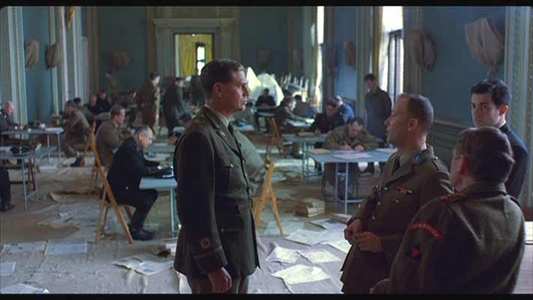
Video
This is a recent production, and the quailty of transfer onto DVD is as good as you would expect.
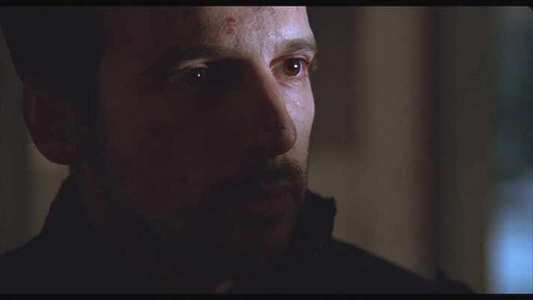
Audio
Similarly, the audio is very clear, but only available in Dolby Digital stereo, but this is not really a drawback.
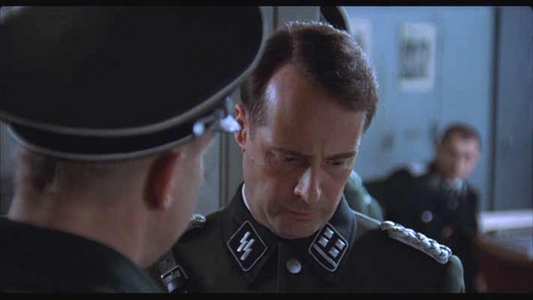
Features
Extras are limited to a trailer and scene selection, which I`m afraid can`t be counted as anything worthwhile. A story such as this is crying out for some form of commentary or documentary feature.
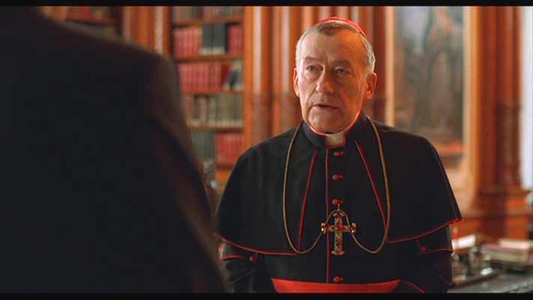
Conclusion
As I mentioned, this is a brave stab at telling the story of an anti-Nazi SS officer`s (a rare breed, but they definitely existed) attempts at preventing the accelerating genocide for which his own skills as a scientist had been used.
The controversial aspect of the film raises the question of how much the Catholic Church knew, or even care about the massacre of the Jews. The character of Riccardo did not exist in real life, but is perhaps an amalgam of those within the church who had enough of a conscience to do something about it, with no thought for themselves, and Mathieu Kassovitz produces a strong and moving performance.
Ulrich Tukur (Gerstein) has the difficult role of the Christian SS officer and comes across as a believeable character torn between the support for his family and his country and the need to prevent this same country from destroying all he believes in. His anti-Nazi sensibilities are evident, but it would have been good to know why such a man became a Lieutenant in the SS. The film does not mention the fact that he was expelled from the Nazi party before the war, neither does it explain how someone who was not in the Party was able to become such an important cog in the Final Solution.
Small quibbles aside, this is a powerful film which doesn`t dwell on graphic details, but concentrates on the human and political struggles which occur during times such as these. The imagery within the film is striking, especially the constant movement of the cattle trucks, first full, then empty, while the struggle to prevent the murders continues.
In a film such as this, it is almost inevitable that some of the characterisations are rather broad, that of Pope Pius XII being no exception. He comes across as an indifferent man, who, for the sake of neutrality (and perhaps because of his own hatred of Communism), just made vague references to injustices in general. Any help given to Jews by the Catholic Church was generally done if the Jews converted to Catholicism, but even this didn`t always save them.
Tellingly, the most `human` character in the story is the Nazi doctor (Ulrich Mühe), who has no qualms at all about his role in the murders, and is seen at the end of the film being given safe passage to Argentina by the Vatican.
There is little doubt where the director`s sympathies lie.
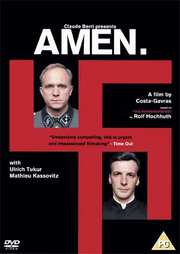




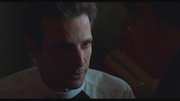
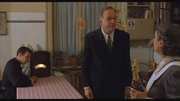
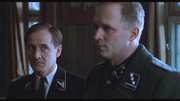
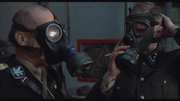
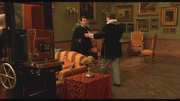
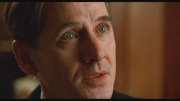
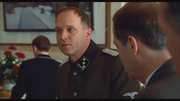
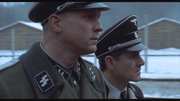

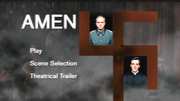
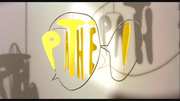
































Your Opinions and Comments
Be the first to post a comment!